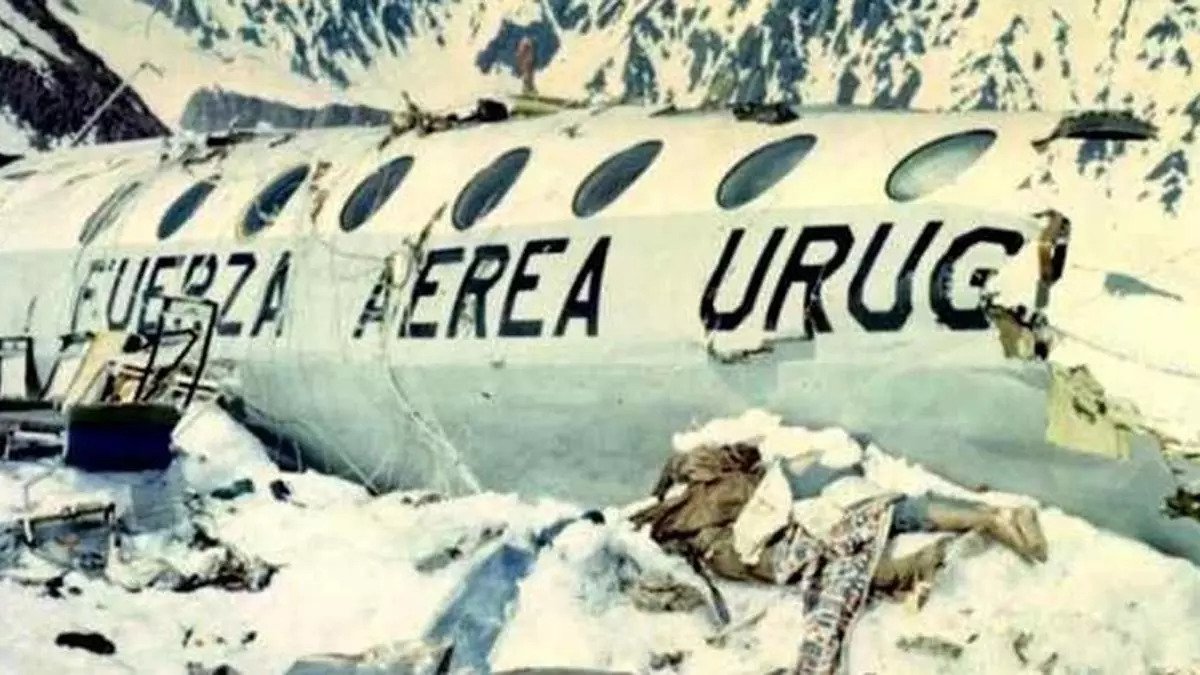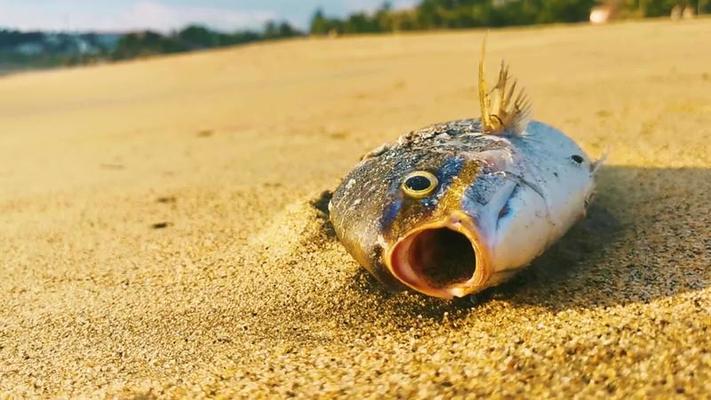Survivor of Andes crash dies of cancer

The Uruguayan José Luis “Coche” Inciarte, one of the 16 survivors of the tragedy in the Andes that shocked the world five decades ago, died Thursday in Montevideo at the age of 75.
“We lost a friend,” Roberto Canessa, one of his companions in the plane crash, told AFP, confirming Inciarte’s death from cancer he suffered from ten years ago.
“Javier has already left us and now we are left with 14,” he added, alluding to Javier Methol, another of the survivors, who died in 2015 at the age of 79, also due to cancer.
Twelve people died in the crash, while another 17 died over the course of days. In the end, only 16 managed to survive, after enduring 72 days of extreme cold and being forced to eat the flesh of the deceased.
In statements in 2012, on the occasion of a trip to Santiago to commemorate the 40th anniversary of the accident, and to meet again with the Chilean muleteer Sergio Catalán who made his rescue possible, Inciarte reflected on the experience that marked his life.
“With the passage of time, what was left behind was anguish, suffering, the pain of the cold that eats away at the skin, to give way to hope, to the story of survival, solidarity, and friendship that we live in the mountains”, he told AFP.
Inciarte, born on April 24, 1948, in Montevideo, was an agricultural businessman noted for his kindness, generosity, and optimism.
Netflix film
“I will treasure every moment I lived with him. Rest in peace, friend,” said Spanish filmmaker JA Bayona, director of “The Snow Society,” the Netflix film based on the Uruguayan Pablo Vierci’s book about the tragedy of the Andes, which will have its world premiere on September 9 at the close of the Venice festival.
Bayona said that Inciarte developed “a special bond with Simón Hempe”, the Argentine actor who plays him in the film: “They talked for hours, shared days together, confessions and emotions.”
Vierci, who wrote the back cover of Inciarte’s book “Memories of the Andes”, published in 2017, defined him as a “good man”, who in the mountains “always supported those who were declining”.





